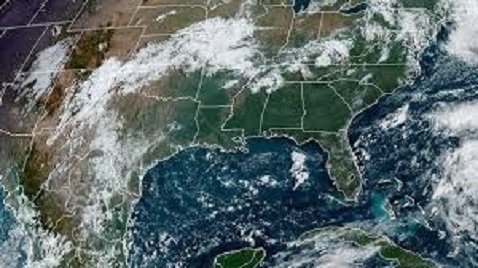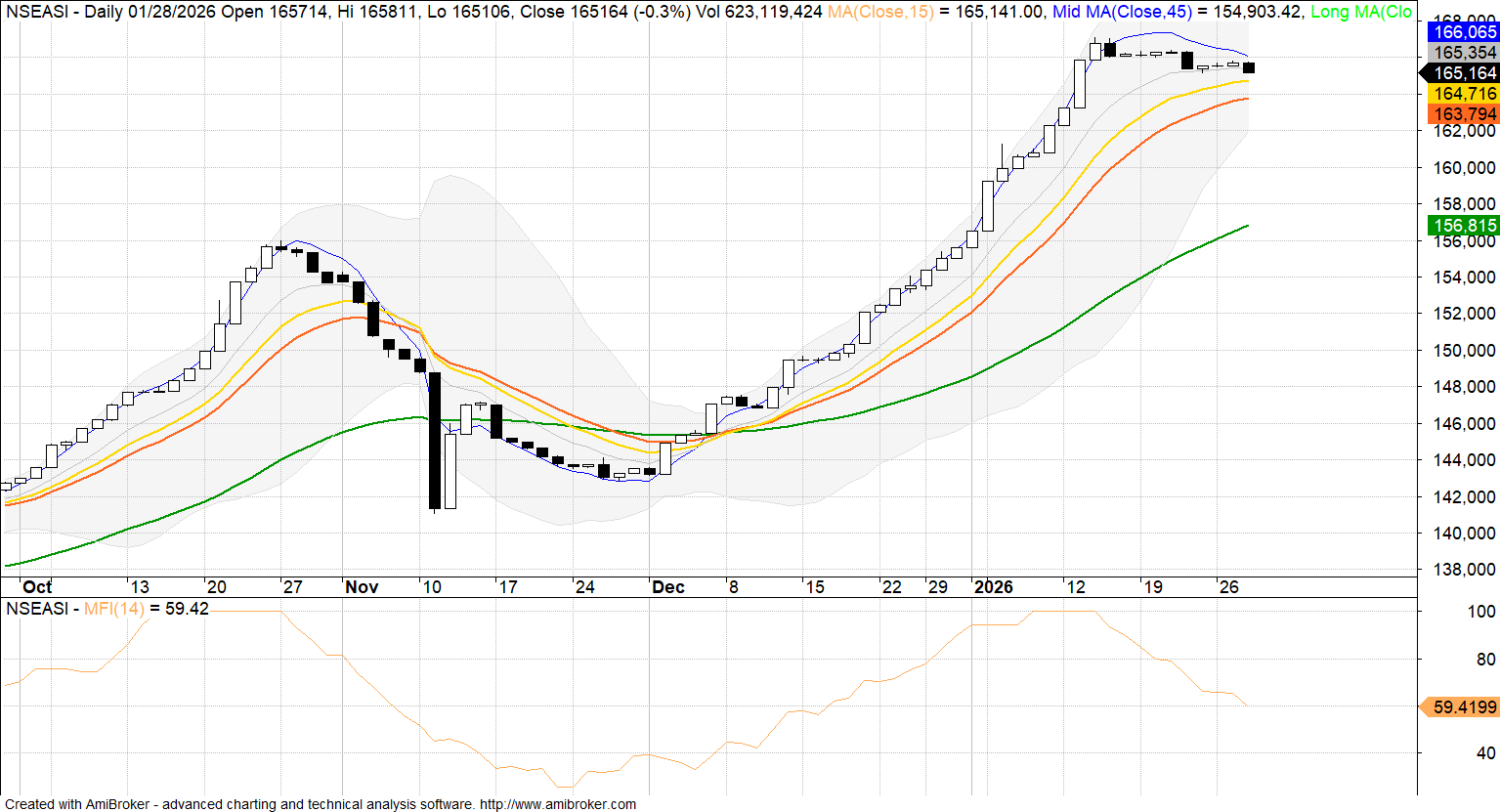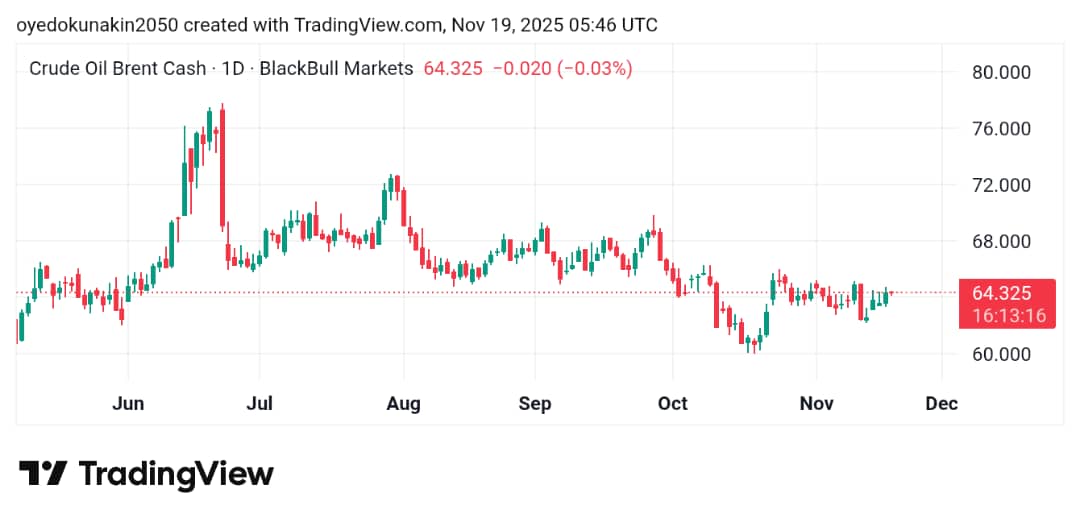
Akintunde Oyedokun
Research Analyst
Oil prices rose 3% on Wednesday as geopolitical tensions intensified after Iran halted cooperation with the U.N. nuclear agency and the U.S. reached a last-minute trade deal with Vietnam. Brent settled at $69.11 and WTI at $67.45 per barrel. Gains were limited by an unexpected 3.8 million-barrel rise in U.S. crude inventories and weak gasoline demand. While Iran’s move stoked market sentiment, analysts noted no actual supply disruptions. OPEC+’s planned output hike of 411,000 bpd next month appears already factored into prices.
Russia Braces For Tech Shifts After Surviving Sanctions – Nabiullina
Russia’s economy has weathered Western sanctions and inflation is now slowing, but tougher times driven by major technological changes lie ahead, says Central Bank Governor Elvira Nabiullina. She highlighted that while structural adaptation is complete, future challenges—especially from AI and costly labor—will demand new reforms. Growth is expected to decelerate in 2025, and reliance on domestic financing will increase as foreign capital remains scarce. Despite criticism, the central bank sees room for gradual rate cuts as inflation eases and labour shortages begin to soften.
Weak Retail Sales Boost Chances of RBA Rate Cut
Australia’s retail sales rose a meagre 0.2% in May, marking the fourth consecutive month of weak consumer spending, as a rare decline in food sales and stagnant hospitality demand signaled deepening household restraint. This persistent softness, coupled with subdued inflation and stalled economic growth, has all but guaranteed a rate cut by the Reserve Bank of Australia next week, with major banks and investors now expecting an aggressive easing cycle to jumpstart demand and prevent a broader economic slowdown.
South Africa Reports First Bird Flu Outbreaks Since 2023, Killing Over 1,100 Birds
South Africa has confirmed its first cases of the highly pathogenic H5N1 bird flu since September 2023, affecting two poultry farms, according to the World Organisation for Animal Health. The outbreaks killed 1,150 birds—300 in North West’s Tswaing and 850 in Mpumalanga’s Mkhondo. This comes as the poultry sector struggles to recover from last year’s severe outbreak that wiped out a third of the national flock, raising concerns about the effectiveness of the government’s vaccination efforts.
IMF Projects 3.4% Growth For Nigeria In 2025, Urges Reforms To Tackle Poverty, Spur Development
The IMF projects Nigeria’s real GDP to grow by 3.4% in 2025, driven by increased oil output, domestic refinery operations, and strong service sector performance. Concluding its Article IV consultation, the IMF praised recent tax reforms and bank recapitalization efforts, but warned growth remains insufficient to significantly reduce poverty. It recommended maintaining a neutral fiscal stance, accelerating cash transfers to the poor, and addressing key challenges like insecurity, infrastructure deficits, and limited access to private credit. The Fund also stressed the need for improved data, financial inclusion, and robust supervision of fintech and crypto sectors.












